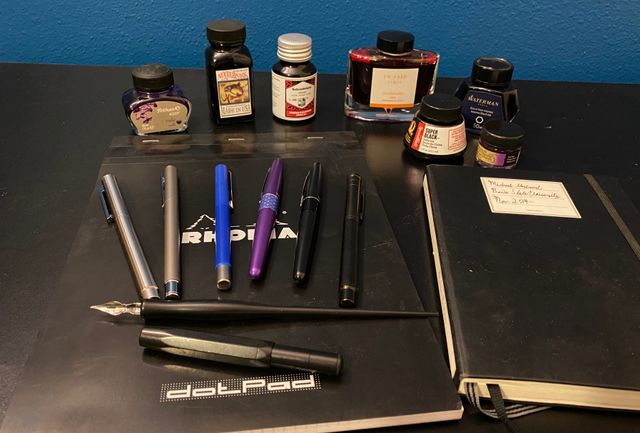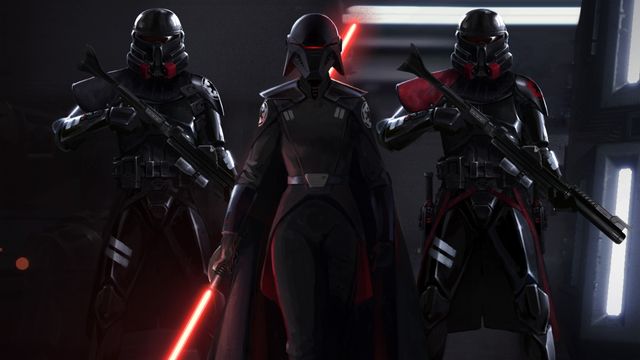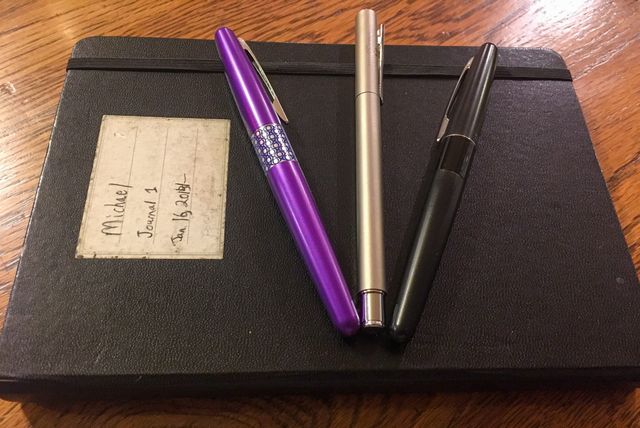Spoiler Alert: Star Trek Returns?

Star Trek, when it’s doing its job, has something to say.
TL;DR: Picard has something to say.
Sometimes, that thing begins with an ‘f’, at least when said by one of his co-adventurers.

Star Trek, when it’s doing its job, has something to say.
TL;DR: Picard has something to say.
Sometimes, that thing begins with an ‘f’, at least when said by one of his co-adventurers.

About a year ago, I switched from technical liners to fountain pens for the bulk of my writing. It started with picking up a Platinum Preppy, and Jennifer giving me a Speedball set for my birthday. I now have quite a few, with different inks and purposes.
Many of them I use largely to write in my notebook; analog productivity rituals are important to me. Most of the ink reports here are on the paper in a Leuchtturm1917 notebook, my primary notebook for both work logging and personal journaling.

When I first saw the Jedi: Fallen Order banners showing up in Origin, I was intrigued. Something struck me that this could be a really good game. Possibly good like Knights of the Old Republic, one of my favorite games.
That’s a high bar. Fallen Order is not KOTOR; is it as good? I don’t know, and I don’t know if the question even makes sense.
But I had a great deal of fun playing it, and also appreciate what it did with video games as a creative media. It’s a good game, in my opinion, and shows what can be done with Star Wars as a video game environment.

Each year, I write a description of my current set of tools. It’s time for the 2019 edition.

Some time ago, I got a YubiKey 4. I use it to secure access to a number of web services I use, but also to authenticate myself over SSH. Among its features, it supports being an an OpenPGP smartcard, which means — with some fiddling — it can be used for SSH authentication, so my SSH private key does not actually live on my physical computers.
This page documents the pieces I need to put together in order to get it working on Windows with all of the different SSH interfaces I use: PuTTY, WinSCP, OpenSSH for Windows, and Git. I do this through the Pageant agent.